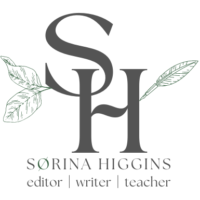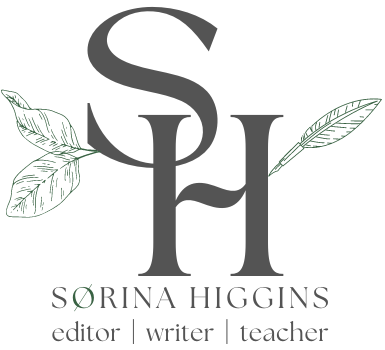Greetings and salutations. The Wyrd Wymen of Wyrdhoard are offering some upcoming training sessions and classes for Wryters? Here are the upcoming ones. All times are U.S. eastern. Contact Sørina for more information.
Monday, Mar 25th @ 6pm — Workshop #2: Giving Voice to Characters
Just as various people speak differently from one another in real life, so our fictional characters develop their individual “voices” in our stories or novels. Even in poetry, biography, memoir, and other nonfiction genres, the individuals who people our writing need to sound distinct, with writing styles that capture something of their personalities. Using examples from literature, we’ll talk about how to develop a distinct speaking style for each of the characters in our works.
Please bring: (1) two or three examples of great character speeches from literature, just a sentence or two each; (2) a 250-word-max selection from your own writing; (3) a two-sentence description for each of the characters in your selection.
Cost: $35. Register here.
Friday, Apr 26th @ 4pm — Workshop #3: Crafting Atmosphere
What kinds of stories do you like? What settings? What atmosphere appeals to you the most? In his essay “On Stories,” C.S. Lewis writes that the atmosphere of a story is even more important than its plot or characters. He compares this element of writing to music, which can evoke a mood quite easily with major and minor harmonies, modes, instrumentation, and more. In writing, we can use sensory descriptions (especially adjectives) carefully to craft the perfect ambience; we can describe not only the people and their actions but also the setting, weather, colors, smells, and overall feeling to provoke a memorable mood.
Please bring: (1) two or three examples of great atmospheric description from literature, just a sentence or two each; (2) a 250-word-max mood-setting selection from your own writing; (3) a two-sentence description of the feeling you want to evoke.
Cost: $35. Register here.
4-Week Class — Mondays in May at 4:30pm: Anatomy of a Short Story
How are short stories structured? What shapes can their narratives take? How far along the plot line should the climax occur? Do they fall into episodes or scenes? Does their architecture vary from one genre to another? Does their shape change depending upon the number of characters? In this class, we’ll spend each session examining a particular sample short story to discover how it’s crafted. There will be several example stories to read, and we’ll end each class period with suggestions for how to apply the principles to our own writing. Note that this is not a workshop; we won’t spend time sharing work and critiquing it. However, a workshop add-on could be offered if there’s popular demand.
Cost: $50 per class or $150 for the series. Register here.
Date TBA — Workshop #4: Grammar Does Not Exist… And How You Can Master it Anyway
There are no “rules of grammar.” There is no such thing as “good grammar,” or “bad grammar,” for that matter. Language is a living, evolving, wildly varied beast with endless iterations, variations, and dialects. There is, then, so such thing as grammar: Only conventions, traditions, or expectations for various rhetorical situations. All you need to know, then, is which set of conventions to follow in the given rhetorical situations you frequently inhabit.
For this workshop, there will be a lecture/discussion to watch ahead of time, then we’ll spend the session talking about it and applying its principles to our own writing. In the video, I’ll expand upon what I mean about grammar not existing, what “rhetorical situations” are, and what kinds of conventions you’ll want to follow in certain genres or for particular audiences.
Cost: $35. Registration link to follow.
Date TBA — Workshop #5: Revising Ruthlessly
Congratulations! You have a complete draft! Now you should sit back, relax, have a celebratory drink, and rest. Then when you’ve had a breather, you can really start writing. Wait, what? Yes. I’m serious: The work of great writing begins after creation of the draft. Revision is more important than vision, because that’s when really good authors carve the final piece out of the massive mess of the draft. Amateur authors stop after drafting; great writers know they have yet to do the really hard work that will result in something worthwhile. In this workshop, I’ll present strategies, tips, and techniques for revising ruthlessly, including both technical tools you can employ and mental disciplines you can cultivate. You are welcome to attend whether you have a completed draft of anything or not!
Please bring a sentence of your own writing, preferably the first sentence of something (of a chapter, story, novel, paragraph, section, etc.). If you do have a completed manuscript, have that handy in a word doc or google doc.
Cost: $35. Registration link to follow.


Leave a Reply